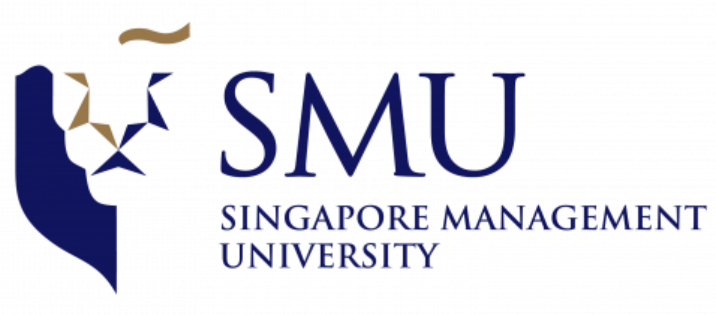In fact, the best specialized master’s degrees from top schools like Singapore Management University (SMU) supercharge your skills and make you a highly competitive candidate when you do re-enter the job market.
Take SMU’s Master’s of IT in Business Analytics (MITB). Over half of MITB grads last year had accepted job offers by the time they graduated, rising to 95% within 6 months, and the average starting salary was S$73,800 (around US$58,800).
That’s a strong return on investment for a program that takes only 12 months to complete.
To find out more about the ROI of specialized master’s programs at SMU, we spoke to 2022 MITB grad Shachi Raodeo.
“Each student is paid attention to at SMU”
Shachi (pictured) chose the MITB at SMU to build on the existing tech skills she’d developed as a software engineer at Rober Bosch.

“My focus during my master's was to upgrade my knowledge in the field of software and analytics to the latest tools and analytical strategies,” she says.
“I wanted to learn how to build machine learning models using Python, understand the concept of big data, navigate in Tableau and build elaborate dashboards, apply my knowledge of statistics, and use R to build an application.”
She found the academic environment rigorous, with staff who were deeply involved in ensuring students got the most out of their investment.
“Each student is paid attention to at SMU,” Shachi says. “Professors are very approachable and understanding towards every student.
“Class attendance is strictly monitored, and in-class participation is mandatory in most courses. This ensures that all students take the class seriously and benefit the most.”
Upskilling for the future
The MITB at SMU helped Shachi to reach her learning goals. Through classroom learning, live consultancy projects, and an internship as a data scientist, Shachi widened her skillset in both tech and business.
“At the end of my master's, I can proudly say that I know how a machine learning model works and what is the underlying logic behind a machine learning model,” she says. “I can build a shiny application in R and analyze any dataset that I am provided with.”
As well as checking off the skills she wanted to learn when she enrolled, Shachi also gained skills she hadn’t known would become relevant to her career.
“My current company works in communication for defense and security applications and knowing the concepts of cybersecurity proved to be an advantage to me,” she says. “MITB has helped me shape my career path.”
A smooth transition into the workplace
Today, Shachi works as a software engineer at Thales Digital Identity and Security in Singapore, just one of the many career options open to MITB grads. According to the program’s employment report, other jobs MITB grads have secured include:
- Digital transformation and innovation manager
- Blockchain analyst
- Risk management specialist
- Machine learning engineer
- AI engineer
- Machine learning engineer AI solution architect
For Shachi, the transition into working life was a smooth one, partly thanks to her prior experience as a software engineer. SMU sharpened her skill set ready for a new challenge.
“SMU MITB helped me upgrade my skills and provided me with global recognition,” she says.
Providing exactly the skills employers need
Part of the ROI for any business program is having a degree from a reputable school, and SMU is building a strong reputation.
“MITB consistently produces great analytics talent,” says Donald Macdonald, the head of the group data office at OCBC Bank. “The combination of technical and data storytelling skills are exactly what Banking needs.”
The MITB program isn’t the only master’s that offers skill development that is tailored to its target market. SMU also offers other specialized master’s degrees, for example, its Master’ of Professional Accounting (MPA).
Like the MITB, the MPA takes 12–18 months to complete, offering an accelerated route towards qualification for a certified public accountant (CPA) or chartered accountant (CA) status.
Another example is SMU’s Master of Sustainability (MST). This program teaches students about the sustainable use of natural resources in business with a focus on corporate social responsibility, for example examining the UN’s Sustainable Development Goals and Singapore’s Green Plan 2030.
Both master’s degrees prepare students for careers on the cutting edge of their respective fields, giving them a head start when they enter the workforce.
“Getting a master’s degree has improved my job prospects and opened more opportunities,” agrees Shachi.
“A master's degree enhances one's personal development, improves professional skills like time management and analytical thinking, instills motivation, and sharpens presentation skills. All of these play a key role in moving up the technical ladder towards becoming a leader.”
Image © ThisisEngineering on Pexels, reproduced under this license








